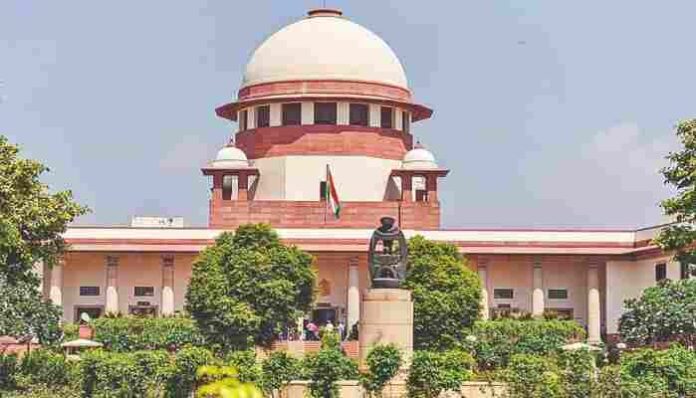
The Supreme Court of India has allowed sub-classification within Scheduled Castes (SCs) and Scheduled Tribes (STs) to grant separate quotas for more disadvantaged groups within these categories for jobs and colleges.
This decision overturns the 2004 judgment in the case of ‘EV Chinnaiah vs. State of Andhra Pradesh,’ which had previously held that SCs and STs are homogenous groups and states cannot further sub-classify inside these categories for granting additional quotas.
Chief Justice D.Y. Chandrachud said, “The holding of Chinnaiah that sub-classification of the scheduled classes is impermissible is overruled.”
Key Highlights of the Verdict by Supreme Court
- Permissible Sub-Classification: The seven-judge bench unanimously ruled that sub-classification of SCs and STs is permissible. This means that governments can now create separate quotas within these categories to address the varying degrees of disadvantage faced by different groups.
- Empowering the Most Backward: Chief Justice of India D.Y. Chandrachud emphasized that even within SCs, there exists significant diversity in terms of discrimination. The court’s decision, nevertheless, allows for more weightage in the 15% reservation to be given to those who have suffered greater discrimination among SCs.
- Data-Driven Approach: The Supreme Court clarified that sub-classification must be based on empirical data. States can collect information on representation in government jobs and admissions to educational institutions. This is to determine the degrees of discrimination faced by different sub-groups.
- No Complete Deprivation: The Supreme Court has stated that sub-classification is allowed. The court has also clarified that no caste categorized as SC can be entirely deprived of quota benefits. Above all, states cannot use sub-classification as an excuse to deny reservation to any group within SCs or STs.
Also Watch: Accenture Q3 Results and IT Hiring Trends in India for FY25, Click Here
Justice Bela M Trivedi (dissenting) said, “States do not have competence to sub-classify benefits reserved for all of Schedule Castes in the absence of executive or legislative power.”
Impact and Implications
- Educational Institutions: The ruling will impact admissions to educational institutions, allowing for targeted quotas based on specific levels of disadvantage.
- Government Jobs: Sub-classification will also apply to government job reservations. This will be ensuring that the most marginalized within SCs and STs receive equitable opportunities.
- Social Justice: By recognizing diversity within these communities, the court’s decision promotes social justice and inclusivity.
This verdict marks a significant step towards a more nuanced and equitable reservation system. If furthermore acknowledges the diverse challenges faced by different sub-groups within SCs and STs.
Note: We are also on WhatsApp, LinkedIn, Google News, and YouTube, to get the latest news updates, Subscribe to our Channels. WhatsApp– Click Here, Google News– Click Here, YouTube – Click Here, and LinkedIn– Click Here.








